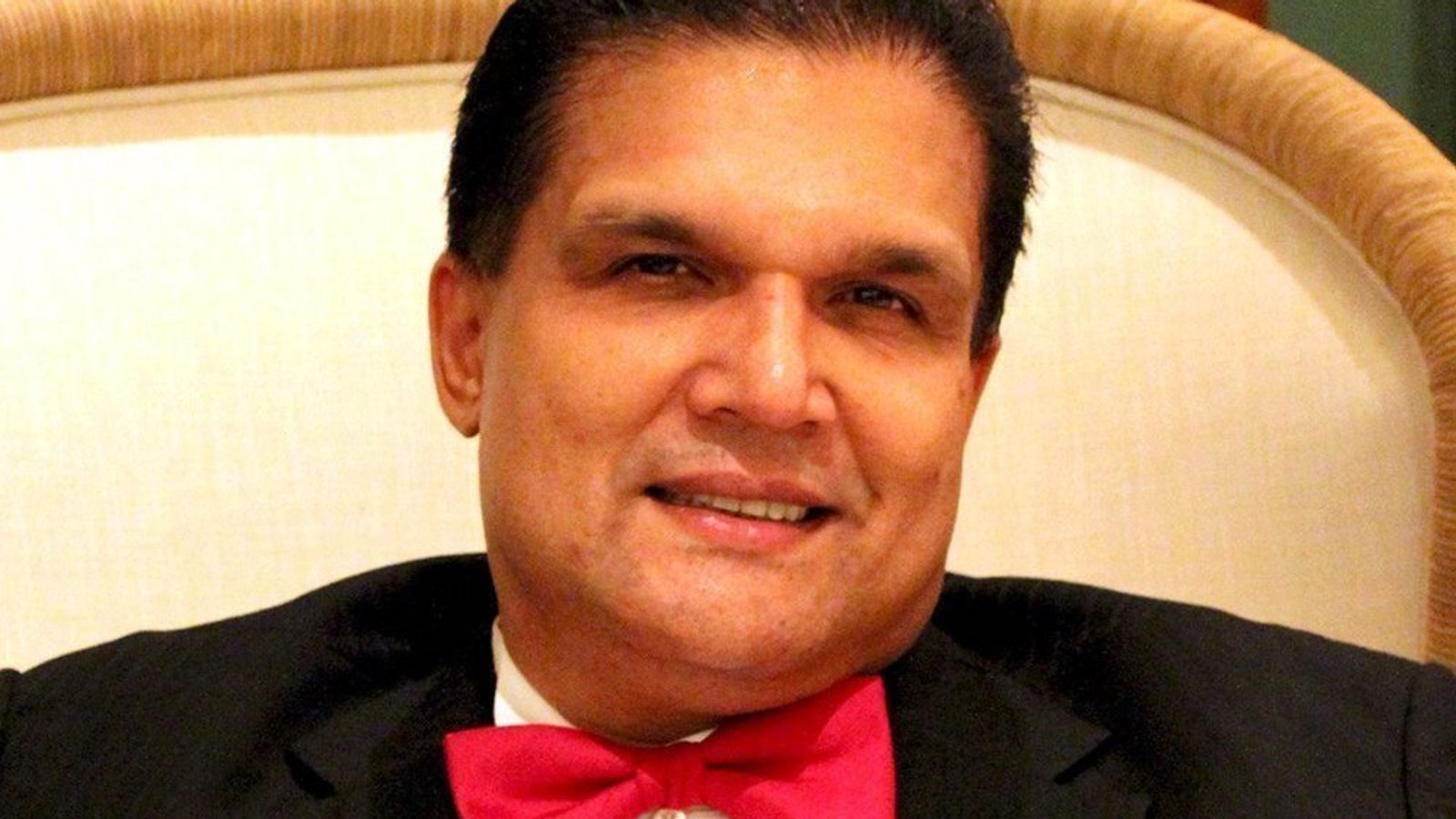The Fat Leonard bribery cases have come to a surprising halt as a result of errors made by the prosecution. After years of investigation and legal battles, the cases against those involved in the corruption scandal have fallen apart due to mishandling of evidence and witness testimony.
The once-promising cases, which implicated high-ranking naval officers and defense contractors in a scheme to overcharge the US Navy for services provided to ships in Asian ports, have now been thrown into disarray. The collapse of these cases has left many wondering how such a significant investigation could unravel so quickly.
The fallout from these mistakes has not only damaged the reputation of the prosecutors involved, but also raised questions about the integrity of the entire legal system. The individuals accused in the Fat Leonard scandal may now escape justice due to these critical errors, leaving the victims of their crimes without closure. It is a stark reminder of the importance of thorough and careful prosecution in cases of this magnitude.

Overview of the Fat Leonard Scandal
The Fat Leonard scandal involves a widespread corruption scheme within the U.S. Navy, in which a defense contractor named Leonard Glenn Francis, also known as “Fat Leonard,” bribed high-ranking Navy officials in exchange for classified information and lucrative contracts. The scandal first came to light in 2013, when Francis and several Navy officers were arrested for their involvement in the corruption scheme.
Over the course of several years, Francis had managed to cultivate a network of Navy officials who were willing to provide him with confidential information and steer contracts in his favor in exchange for lavish gifts, including expensive dinners, luxury hotel stays, and even prostitutes.
The scandal rocked the Navy and raised serious concerns about the integrity of the procurement process within the military. The extent of the corruption was unprecedented, with over 30 Navy officials implicated in the scandal and millions of dollars in taxpayer money being wasted on inflated contracts and unnecessary services.
The fallout from the scandal led to a major overhaul of the Navy’s procurement procedures and a renewed focus on ethical behavior and accountability within the military. The Fat Leonard scandal serves as a cautionary tale about the dangers of unchecked corruption and the need for robust oversight and enforcement mechanisms to prevent similar abuses of power in the future.
Prosecution Errors and Their Impact
Prosecution errors can have far-reaching consequences on the criminal justice system. When mistakes are made during the prosecution of a case, it can lead to wrongful convictions and the imprisonment of innocent individuals. These errors can result in the loss of freedom for those who did not commit the crime they are accused of, and can have a devastating impact on their lives and the lives of their loved ones.
Additionally, prosecution errors can erode public trust in the justice system, leading to skepticism and a lack of confidence in the fairness and reliability of the legal process. This lack of trust can have ripple effects throughout society, undermining the legitimacy of the legal system as a whole. Furthermore, prosecution errors can also result in the real perpetrators of crimes going unpunished, allowing them to continue committing offenses and posing a danger to the community.
In some cases, these errors can even lead to the re-victimization of those who have already suffered at the hands of criminals. Overall, prosecution errors have a significant impact on the lives of individuals, the functioning of the justice system, and the safety of the community as a whole. It is essential that steps are taken to prevent and correct these errors in order to ensure a fair and effective criminal justice system.

Reactions and Consequences
Reactions and consequences are inevitable parts of life. When we are faced with a situation, we naturally react in a certain way based on our emotions, beliefs, and past experiences. These reactions can have a ripple effect, leading to various consequences that may not always align with our intentions.
It is important to be mindful of our reactions and consider the potential outcomes before acting impulsively. As the saying goes, “think before you speak” – the same principle applies to our actions. The consequences of our reactions can vary greatly, from positive outcomes such as strengthening relationships or achieving goals, to negative consequences like damaging reputations or causing harm to others.
It is crucial to take responsibility for our actions and be aware of the potential impact they may have on ourselves and those around us. By being mindful of our reactions and considering the consequences, we can strive to make more informed and intentional choices in our daily lives.

Lessons Learned from the Case
The case provided valuable insights into the consequences of unethical behavior and the importance of upholding ethical standards in all aspects of life. It underscored the importance of transparency and accountability in decision-making processes, as well as the need to prioritize the well-being of others above personal gain.
The case highlighted the significance of maintaining integrity and honesty in all interactions, and the detrimental effects of deceit and manipulation on relationships and trust. It also emphasized the need for individuals to take responsibility for their actions and the impact they have on others.
Ultimately, the case served as a reminder that ethical conduct is essential for fostering a culture of respect, fairness, and justice in society. It reinforced the notion that ethical behavior is not just a set of rules to be followed, but a fundamental principle that guides our interactions and decisions, shaping our character and defining our values. The lessons learned from this case will undoubtedly serve as a valuable reminder to always strive for honesty, integrity, and moral courage in all our endeavors.
